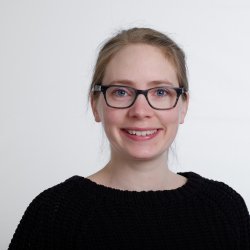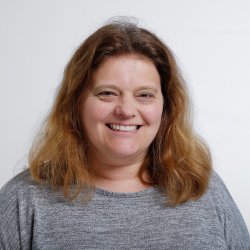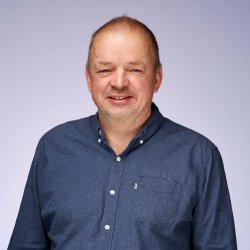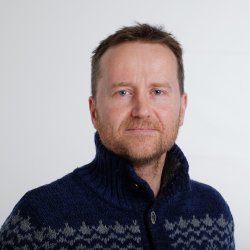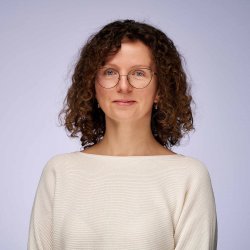Upcycling fish sludge to sustainable feed material: From environmental waste problems to sustainable feed solutions
The Up-Sludged project will increase knowledge on safe and sustainable use of fish sludge as feed for black soldier fly larvae, marine polychaetes and microalgae.
The Up-Sludged project aims to transform fish sludge from Norwayʼs land-based and fresh-water aquaculture industry into sustainable feed materials. Currently, 30–50 % of fish feed is lost as uneaten feed and waste, generating 275,000 tonnes of fish sludge annually from land-based facilities (hatcheries and smolt) in Norway, alone. This nutrient-rich by-product is currently largely underutilized, mainly directed toward biogas production or incineration.
The Up-Sludged project aims to increase knowledge on the safety and sustainability of using locally sourced fish sludge as feed for black soldier fly larvae, marine polychaetes and microalgae while addressing legislative barriers that currently restrict the use of fish sludge into the feed-food chain. This entails substantial scientific documentation on the chemical composition of fish sludge, and the risks related to the presence of both chemical and biological hazards in the raw material, and their fate when being processed and used as feed material for low-trophic organisms.
The scientific knowledge obtained will support regulatory bodies in developing new guidelines for using fish sludge as feed.
Furthermore, the feed chain needs to be assured sustainable and acceptable for the public, and the project aims to engage industry stakeholders, government and public discussing ethical aspects related to circular food system.
The Up-Slugded would reduce dependency on imported feed ingredients, enhance food system resilience, and contribute to Norwayʼs sustainability goals.
Project managers at The Norwegian Veterinary Institute:
Arne Holst-Jensen
Kristin Sæbø Pettersen
Cooperating partners:
- Norwegian Institute of Marine Research
- The Norwegian Veterinary Institute
- Sintef Ocean AS,
- University of Bergen
- Wageningen University and Research
- NIBIO - Norwegian Institute of Bioeconomy Research

